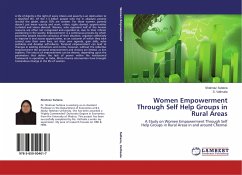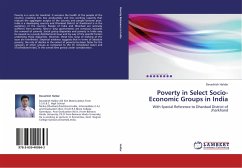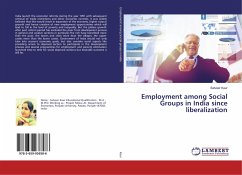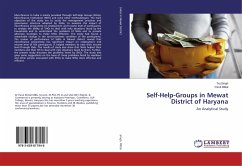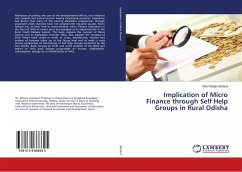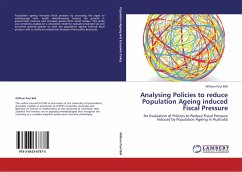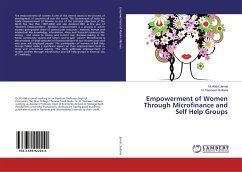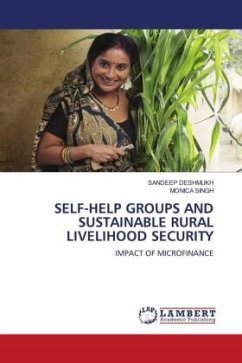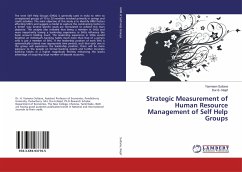
Do Determinants of Happiness Vary across Demographic Groups?
Versandkostenfrei!
Versandfertig in 6-10 Tagen
36,99 €
inkl. MwSt.

PAYBACK Punkte
18 °P sammeln!
Economics of happiness has recently become a very popular topic. Questions like 'What determines happiness?' or 'Are wealthier people also happier?' have become a common subject of academic research. In this book the author examines differences in factors that determine one's subjective well-being using econometric analysis. Specifically, he studies differences across religious denominations, world regions and municipality sizes. His findings indicate that there are substantial differences especially across religions and world regions. He concludes that this implies that if any policy implicat...
Economics of happiness has recently become a very popular topic. Questions like 'What determines happiness?' or 'Are wealthier people also happier?' have become a common subject of academic research. In this book the author examines differences in factors that determine one's subjective well-being using econometric analysis. Specifically, he studies differences across religious denominations, world regions and municipality sizes. His findings indicate that there are substantial differences especially across religions and world regions. He concludes that this implies that if any policy implications are to be derived from the happiness analysis in the future, it is necessary to take into account the demographic structure of inhabitants who would be affected. The target audience of this publication are not only analysts examining the economics of happiness but also everyone who wonders whether factors that determine our happiness vary based on our background characteristics.



